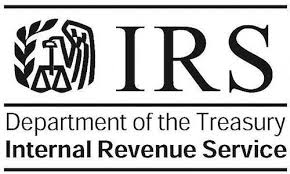
By Charles S. Clark
March 26, 2015
Now that they control both chambers of Congress, Republicans are wasting no time advancing pent-up bills intended to crack down on alleged political bias at the Internal Revenue Service, moving a batch of bills out of the Ways and Means Committee on Wednesday for coming floor action.
Though the most visible policy-oriented legislation would repeal the estate tax, the narrower set of bills was aimed at the tax agency’s Exempt Organizations division, where the imbroglio over mishandled applications from largely conservative groups revealed in 2013 set the course of the Republican bid to rein in the tax agency.
Designed to pressure IRS employees toward more transparency, the bills do not address the issue of how to define a social welfare organization that is not political—for which the IRS is working on revised regulations—and none appear to acknowledge the staffing, procedural and policy changes made at the Exempt Organizations division over the past two years.
Bills reported out Wednesday included:
H.R. 1058 by Rep. Peter Roskam, R-Ill., to “ensure that IRS employees are familiar with and act in accordance with taxpayer rights, including the right to be informed, to be assisted, to be heard, to pay no more than the correct amount of tax, to an appeal, to certainty, to privacy, to confidentiality, to representation, and to a fair and just tax system;”
H.R. 1152 by Rep. Kenny Marchant, R-Texas, to prohibit IRS employees from conducting official business using personal email;
H.R. 1026, by Rep. Mike Kelly, R-Pa., to “stop the IRS’ misuse of a provision designed to protect taxpayers to instead protect government employees who improperly look at or reveal taxpayer information;”
H.R. 1314, by Rep. Patrick Meehan, R-Pa., to codify the right for organizations denied tax exempt status to file an administrative appeal;
H.R. 1295, by Rep. George Holding, R-N.C., to streamline the “burdensome IRS process by allowing groups to declare their tax-exempt status rather than wait for endless amounts of time to gain approval;” and
H.R. 709 by Rep. James Renacci, R-Ohio, to authorize the IRS to terminate employees who target individuals based on their political beliefs.
“Though it’s been nearly two years since we learned of the IRS’ abuse of power, the American people’s distrust in the agency remains,” Renacci said. “If someone at the IRS targets taxpayers based on their political beliefs, he or she should be held accountable. It’s that simple.”
